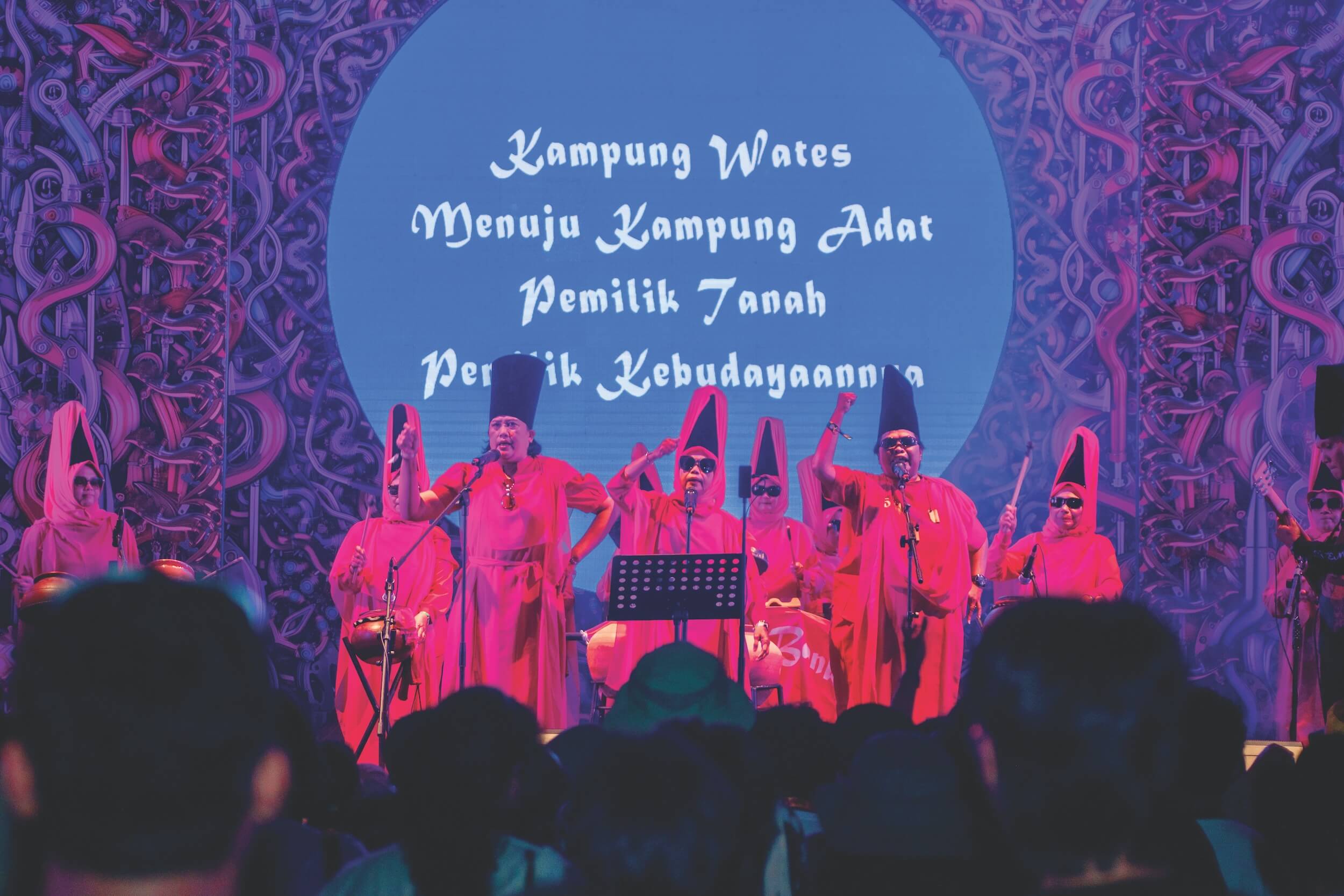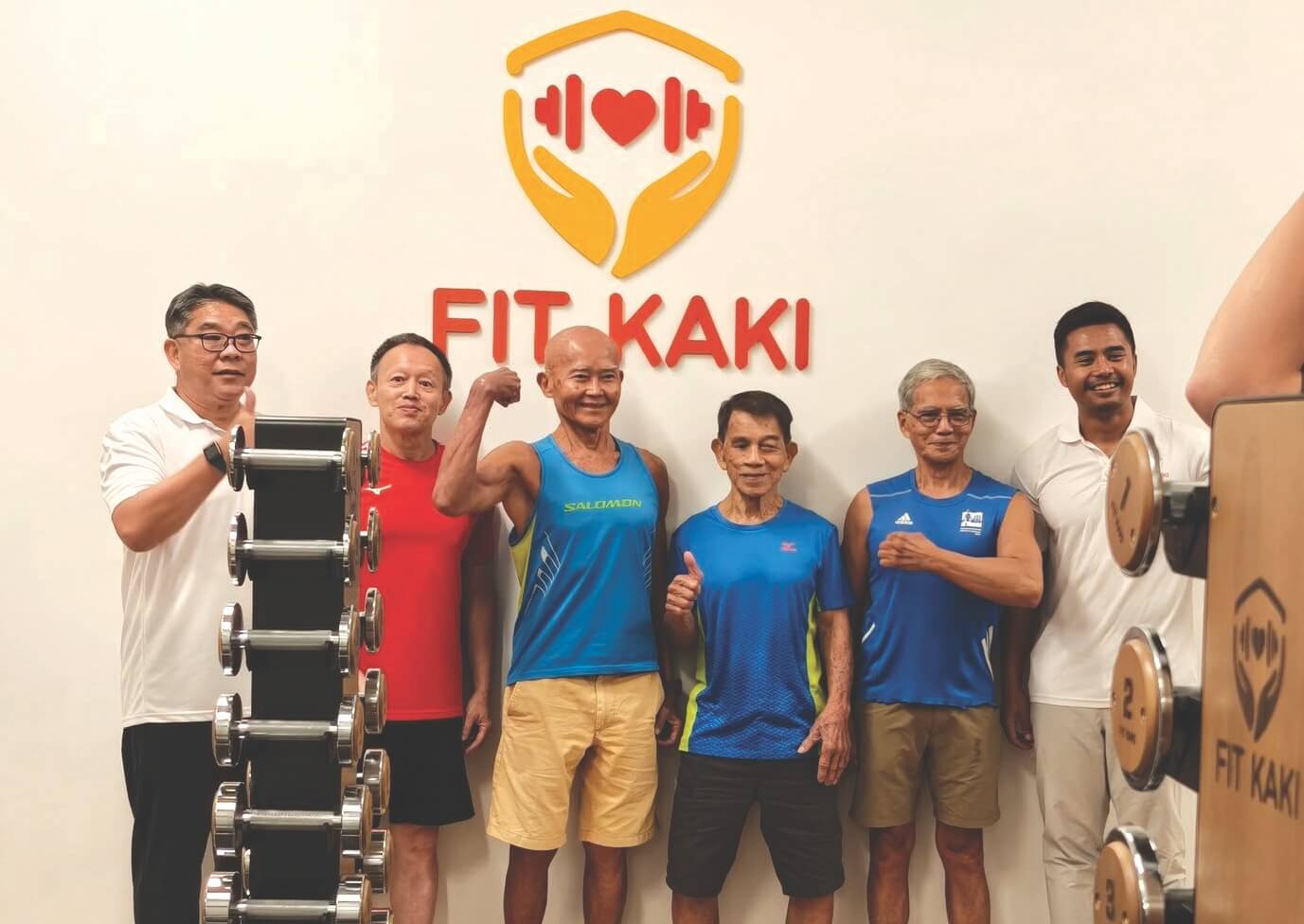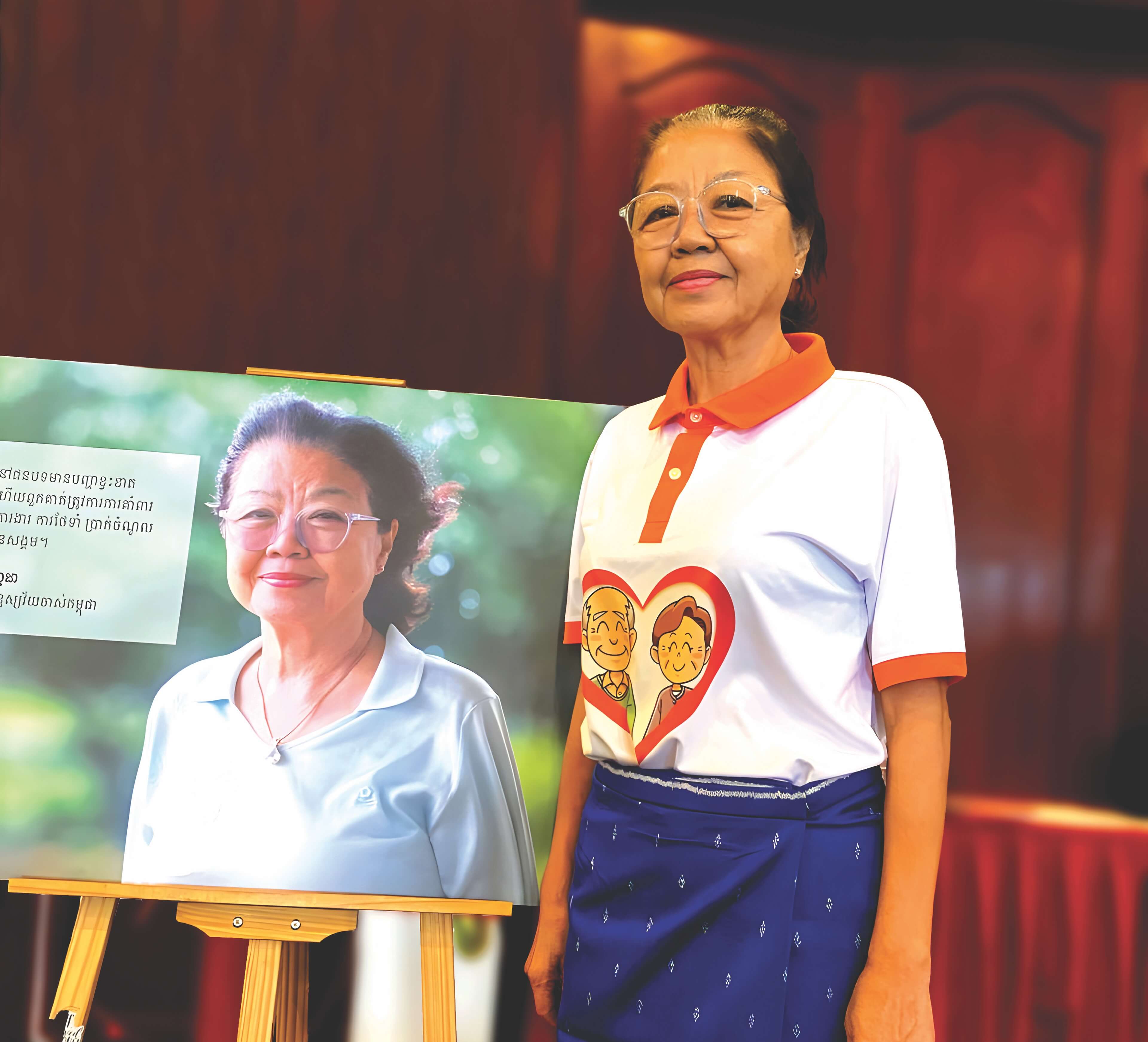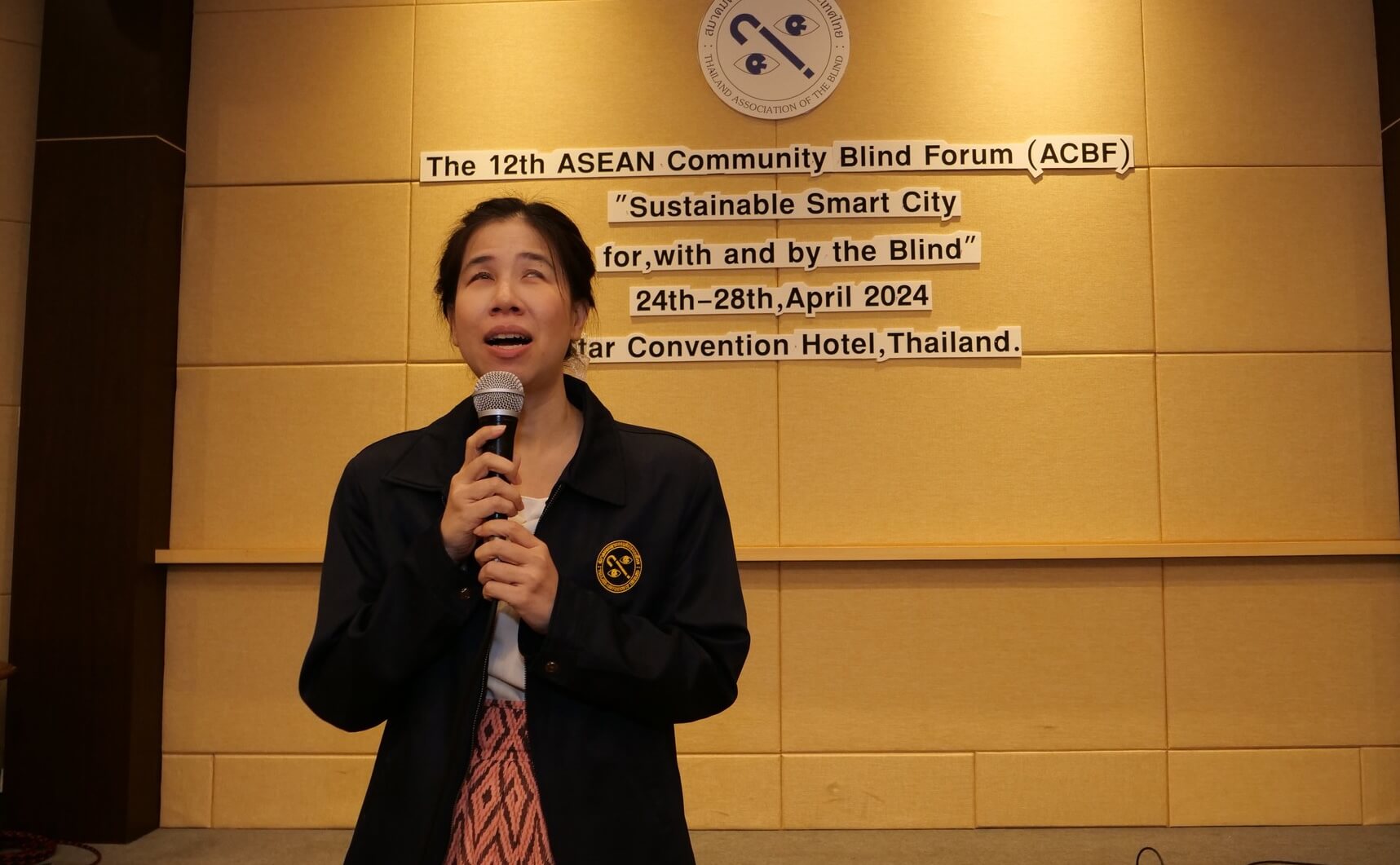



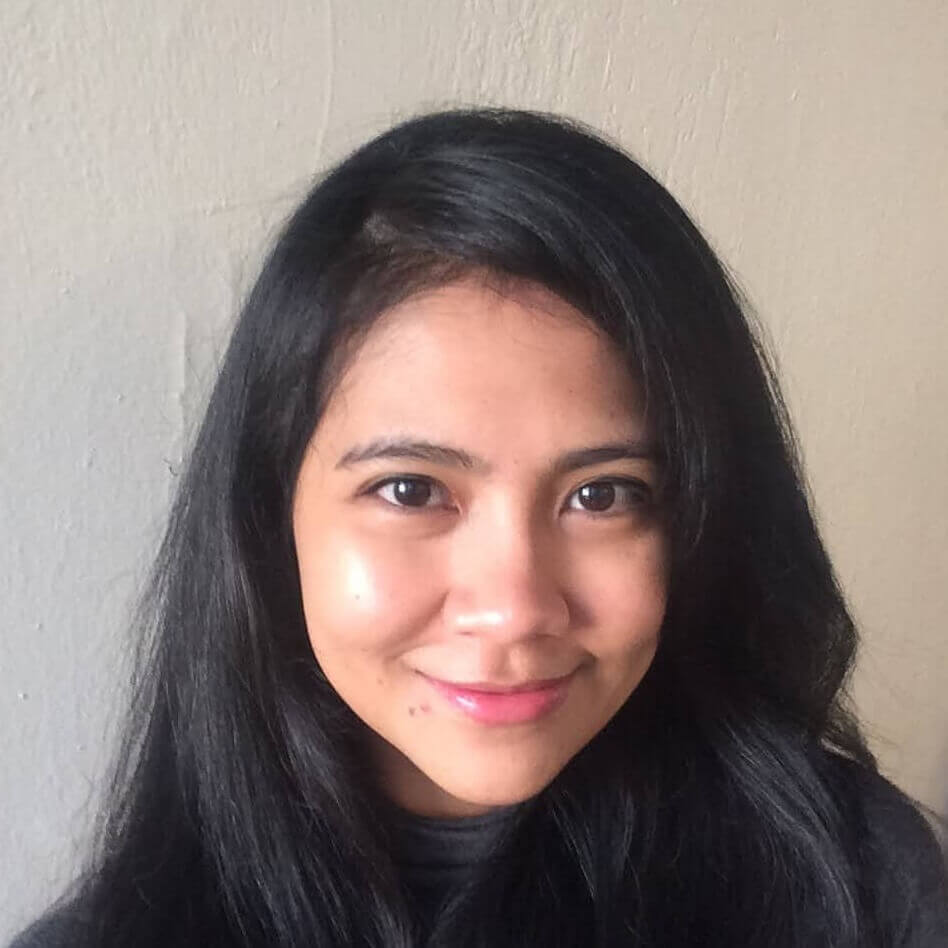
Dr. Nantanoot Suwannawut, fondly known as Apple, began advocating for disability rights in middle school. Now, she is the Director of the International Cooperation Section in the Thai Ministry of Social Development and Human Security. She also serves as Vice President of the Thailand Association of the Blind and actively organises the ASEAN Community Blind Forum.
Speaking with The ASEAN, Apple shares her journey and the progress made towards inclusivity in Thailand and across the region.
It has been years since Apple sat in a classroom as a student. Born with cataracts, Apple gradually lost her eyesight and became legally blind at the age of 12 due to glaucoma. Overcoming these challenges, she remained committed to her education. She attended a school for the blind during middle school before transitioning to a regular high school, where she was the only student with a disability.
“Of course, there are differences,” she explains. “In the blind school, all the educational materials and instructions catered to the blind. But in the mainstream school, we had to integrate ourselves into the regular curriculum. We had to do extra work—bringing in materials from the blind school or preparing for exams. Everything required additional effort.”
Apple’s perseverance culminated in earning her Ph.D. in Information Science from Indiana University, Bloomington, USA, in 2013. Following her doctoral degree, she spent eight years at the Ministry of Education before moving to the Ministry of Human Development and Human Security.
Through her years in the education sector, she observes that laws and policies supporting education for persons with disabilities have progressed significantly since her school days. Back then, critical mechanisms were missing. Today, national and special education centres operate across the country with backing from the government and international organisations. However, challenges remain. Progress in applying inclusive policies has been slow, and instances of discrimination persist.
“Children with disabilities are sometimes denied access to education, even though the laws and regulations exist. Deaf students often don’t have interpreters in the schools where they study. It’s the same in other countries; there are still some problems in terms of implementation.”
Even the advancement of technology is not a panacea. Apple asserts that despite the promise of inclusivity, many digital tools and platforms are still inaccessible. “Significant impediments and barriers persist, including the digital divide, issues of availability and affordability, and a lack of understanding among system developers,” she says.
While technology such as artificial intelligence holds potential, accessibility is often overlooked during the design phase, making modifications costly and challenging in the later stage.
“It would be far better if these considerations were integrated from the start. This approach is essential for the ASEAN community. Raising awareness about accessibility and fostering an inclusive mindset from the beginning will ensure that we can live and work together without unnecessary challenges.”
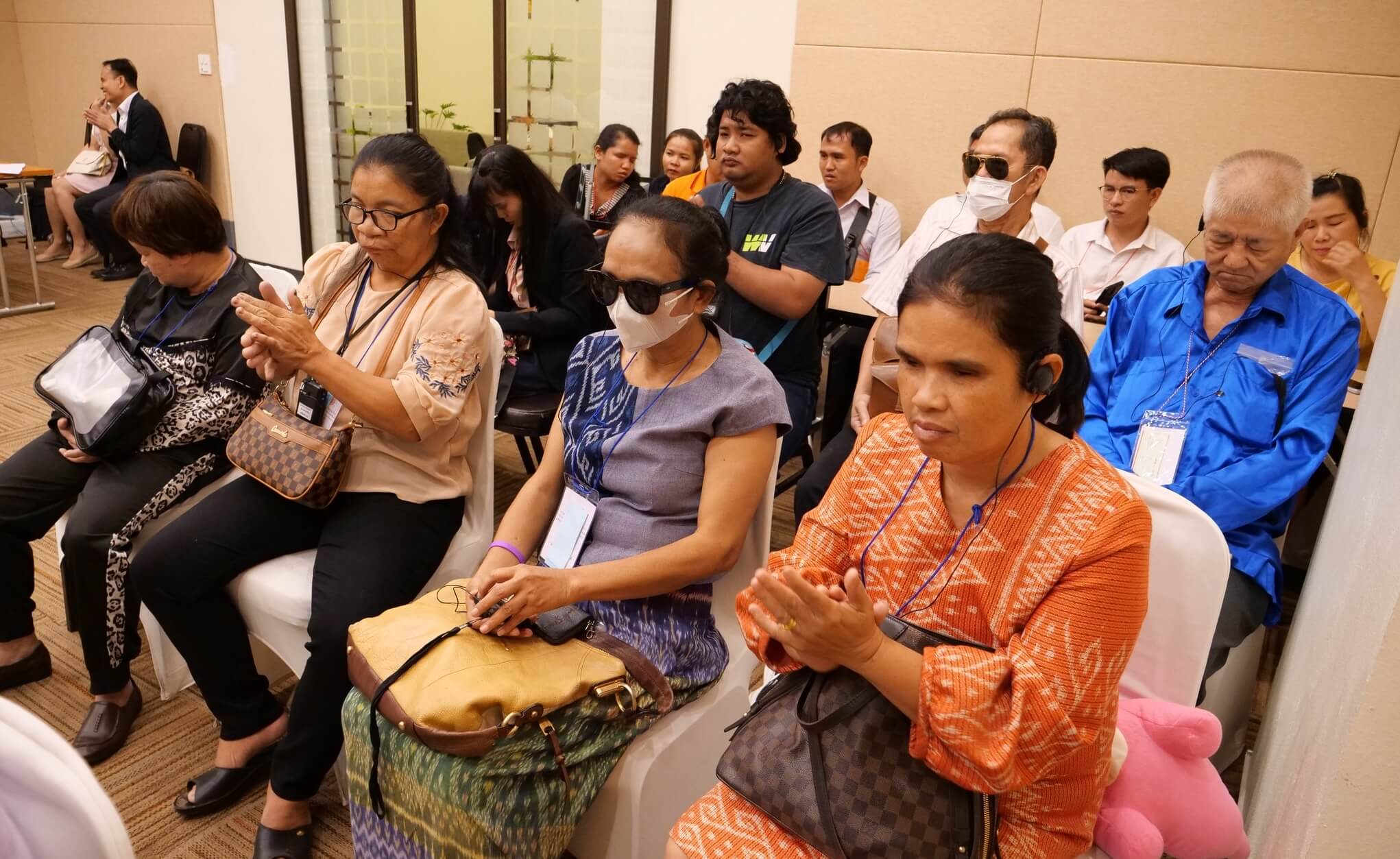
ASEAN Community Blind Forum: An avenue for shared ideas
Among these ongoing setbacks, advocacy remains essential, particularly for government ministries and private sector partners. The ASEAN Community Blind Forum (ACBF), established in 2010, exemplifies this commitment.
Initially organised as a side event during the Thai Association of the Blind’s national convention, the ACBF provides a regional platform for collaboration and dialogue on shared challenges, particularly at the policy level. Apple officially joined the ACBF in 2014 as one of its organisers.
“The forum became a space where we could share ideas and discuss what was happening in each country. Instead of working in isolation, we realised the value of moving forward as a region because we face common issues like accessibility and discrimination.”
Each year, the forum focuses on a specific theme, such as disaster management or smart city development. The ACBF collaborates with organisations from each ASEAN member state, namely the Vietnam Blind Association (VBA), the National Council for the Blind in Malaysia (NCBM), and Pertuni (Indonesia Blind Association). Many of these organisations are also affiliated with the World Blind Union, further strengthening their networks and advocacy efforts.
Apple emphasises that policy and legislation play a vital role in driving inclusivity.
“As members of the community, we should be involved in decision-making processes. We must voice our needs and perspectives so policymakers understand and consider them. After all, the policies ultimately affect us directly. We must ensure that society becomes inclusive, and this requires our active participation.”
Collaboration and relationship-building are at the heart of ACBF. Viet Nam’s recent hosting of an event for ASEAN Blind Leaders, for example, brought representatives together to discuss education programmes and other initiatives. “It’s a valuable platform where we practise and implement ideas collectively,” Apple adds.
Furthermore, ASEAN is a region bound together by shared history and collective aspirations. Apple notes that persons with disabilities are an integral part of this community, not a separate or isolated group. Diversity is our strength, she adds, and our societies will thrive when we embrace and support all members.
“We must recognise the importance of living and working together. Supporting persons with disabilities opens opportunities for empowerment. In turn, they contribute back to society. The Sustainable Development Goals showed us the need to consider all groups. Progress requires us to move forward together, hand in hand. If one group advances while others are left behind, we must pause and reflect. Only by walking together can we achieve a truly inclusive and fully developed society.
“Let’s walk together and work to collaborate. We don’t need something special, special projects or special programmes—just to consider others in everything we do. By opening opportunities and fostering understanding, we can create a truly inclusive society. That is enough.”
The views and opinions expressed in this conversation are solely of the interviewee and do not reflect the official policy or position of ASEAN.




